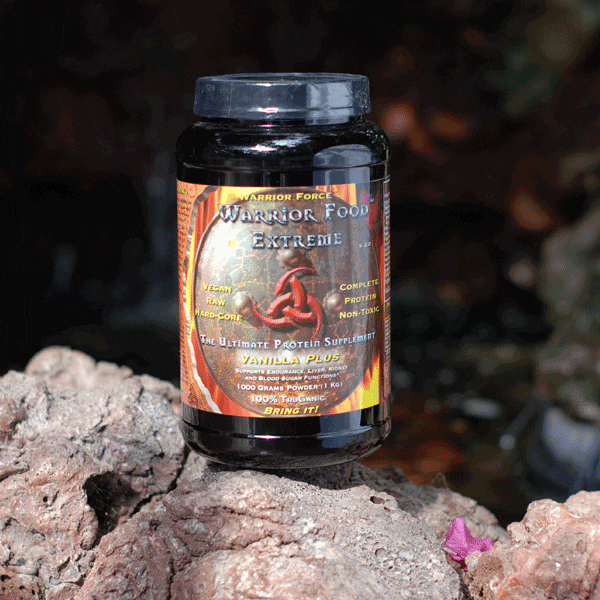Sharing is caring!
In 2013, LabDoor, an independent testing lab and mobile/web-based startup aimed at helping consumers understand and manage their dietary supplements, looked into protein supplements. In addition, they also investigated the top five most popular supplement categories—multivitamins, fish oil capsules, vitamin D pills, protein powders, and energy drinks. Since most of their subscribers requested information on protein supplements, they started with this category first.
Every year tons of people spend more than $8 billion on protein supplements in the hopes of leaning up, adding muscle, losing weight, and getting in shape. Consumers may think they are getting bulk but instead it’s just bloat, according to San Francisco-based LabDoor.
Among the 50 protein supplements LabDoor analyzed, which included most of the best-selling products in the US market, 47 were found to contain higher sodium content than manufacturers claimed in their nutrition facts. Cytosport Muscle Milk RTD was the worst offender, understating its actual sodium content by over 350 percent.
“These errors go way beyond simple ‘manufacturing variance’,” says CEO Neil Thanedar. “It is clear that supplement companies have chosen to misrepresent their health claims. And without any pre-market regulation by the FDA, they have gotten away with it until now.”
When it comes to dietary supplements and safety, the Food & Drug Administration does not do any independent studies. The manufacturer is responsible for ensuring that the product is safe before it is marketed.
Generally, manufacturers do not even need to register their products with FDA or get FDA approval before producing or selling supplements. Manufacturers must make sure that product label information is truthful and not misleading.
Protein shakes have long been a staple among professional bodybuilders and athletes. However, supplement companies are increasingly targeting men and women of all ages, with new brands advertising weight loss, meal replacement, and muscle gain benefits.
“Many protein powders promise rapid muscle growth. Excess sodium at these levels can cause significant bloating, and may temporarily trick consumers into believing the marketing hype,” says Thanedar, who previously ran an FDA-certified product safety lab in Ann Arbor, Michigan.
“The positive benefits of protein supplementation, including muscle gain, appetite suppression, and weight loss, are supported by significant scientific evidence. However, without an accurate understanding of the actual content of their protein supplements, many consumers have been forced to risk their health on dishonest products,” added Thanedar.
As expected, the response to Labdoor’s findings from the supplement industry has been mixed. Labdoor has fielded praiseworthy calls and emails from protein manufacturers they ranked in the top 10; brands in the bottom 10, however, complained about their rankings, and companies missing from their lists want to be included in future rounds of testing.
Nevertheless, there was some good news overall: all 50 protein powders tested passed screening for heavy metals that included arsenic, lead, cadmium, bismuth, antimony, and silver (below 1 part per million). This is the first test of its kind.
Labdoor is currently analyzing data on best-selling fish oil brands, testing for label accuracy (EPA/DHA values), purity (mercury content), and freshness (oxidation levels). Next, they will focus on the top vitamin D and multivitamin supplements. Starting in January 2014, they will open up all other categories for a site-wide voting system, and select the most popular categories each month for subsequent reports. Currently, LabDoor focuses on the types of products found in the average GNC, Walgreens, or CVS, but we will soon expand to popular natural, organic, and herbal products.
LabDoor’s full report on protein supplements is available at https://labdoor.com/c/protein.
 Maryam Henein is an investigative journalist, professional researcher, and producer of the award-winning documentary Vanishing of the Bees.
Maryam Henein is an investigative journalist, professional researcher, and producer of the award-winning documentary Vanishing of the Bees.
Find out more about Maryam….
HoneyColony Recommends HealthForce’s Warrior Food Extreme as an alternative vegan protein! Note: Labdoor has not yet tested this product.
- Tags: athletes, fda, sodium, weight loss



Comments are closed.